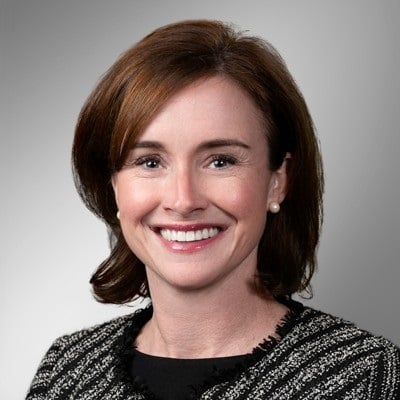
This article first appeared as FLASH FRIDAY on Traders Magazine. FLASH FRIDAY is a weekly content series looking at the past, present and future of capital markets trading and technology. FLASH FRIDAY is sponsored by Instinet, a Nomura company.
Principled trading was the topic of the latest Powering Precision Discussion, produced by Coalition Greenwich in collaboration with Instinet.
Shane Swanson, market structure & technology analyst at Coalition Greenwich, framed the topic as the adoption of socially responsible trading trends, or “how ideals of social responsibility are impacting firms and their view of trading, on a visceral level.”
Instinet President Mark Govoni emphasized the importance of ESG for the capital markets industry. “We’re witnessing an important paradigm shift, from a ‘nice to have’ to a ‘must have’,” he said.
There are two ways an investment firm can build a portfolio around ESG: as a core holding, or via thematic satellite positions. That’s according to Sal Bruno, chief investment officer at IndexIQ.
Bruno noted the core holding approach could have substantial overlap with traditional broadly diversified indices, however there would be important differences. For example, Netflix would be excluded from an ESG portfolio due to its electricity consumption; Amazon would be excluded for social reasons stemming from the company’s anti-union stance; and Facebook would fall short on governance due to privacy issues.
In a satellite approach, an investment firm can screen investments by a specific ESG theme, for example companies that improve heart health by providing healthy food alternatives or healthcare or lifestyle solutions.
BlackRock, the world’s largest investment firm, has had a diverse broker program in place since the early 2000s, said Paul Whitehead, global head of equity trading at BlackRock.

“It’s the right thing to do from an industry perspective. Diversity of thought is a powerful addition to investment returns,” Whitehead said. “Also, our clients care about it, and it’s important that we have a philosophical alignment with our clients.”
“We take a holistic view in partnering with diverse brokers,” Whitehead continued. “First we understand what they’re good at, and then we find places where they can have success in our firm. Then, depending on their strengths, we work with them to find where they can grow.”
Whitehead cited MarketAxess’ recently launched Diversity Dealer Initiative as a positive step in the industry.
Kate Faraday was appointed to the newly created role of Global Head of Corporate Responsibility at PineBridge Investments last month. She is tasked with overseeing the application of ESG principles to the firm’s investment process.
Faraday said PineBridge integrates four pillars of corporate responsibility into its strategic plan: ESG, diversity & inclusion, stewardship, and outreach and giving back.

ESG is important “as a citizen of the planet, as a corporate citizen, and in a business case,” Faraday said. “All of these pieces come together in how you service clients and what companies you invest in.”
The panelists noted ESG has come a long way from the early 2000s, when the methodology could be as rudimentary as avoiding tobacco stocks, and such portfolios often underperformed. Sustainability funds outperformed the S&P 500 Index by about 4 percentage points last year, and 1.8 percentage points over the past few years, Bruno said.
ESG is “no longer just exclusionary, now it’s looking at best-in-class companies that are trying to push the envelope,” Bruno said.
Added Whitehead: “Sustainability is a source of alpha for the future. Companies that are forward-thinking are going to be rewarded over the long term.”






